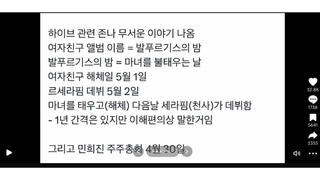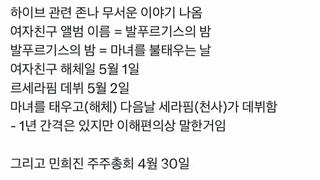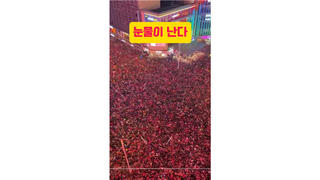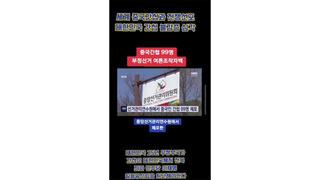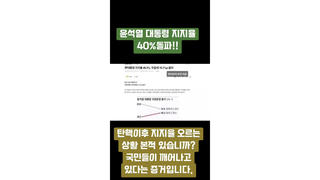
Does this video show Cherenkov light being emitted from the Fukushima Daiichi Nuclear Power Plant at 10:29 a.m. on August 12, 2023? No, that's not true: No abnormalities were reported in the post-measurement results that day.
The claim originated in a video (archived here) published on TikTok by @kiraku_japan on August 12, 2023. The caption on the video (translated from Korean to English by Lead Stories staff) was:
Japan's actual situation.
The atmosphere around the Fukushima Nuclear Power Plant was full of light.
There is a possibility of Cherenkov radiation.
This is what the post looked like on TikTok at the time of writing:
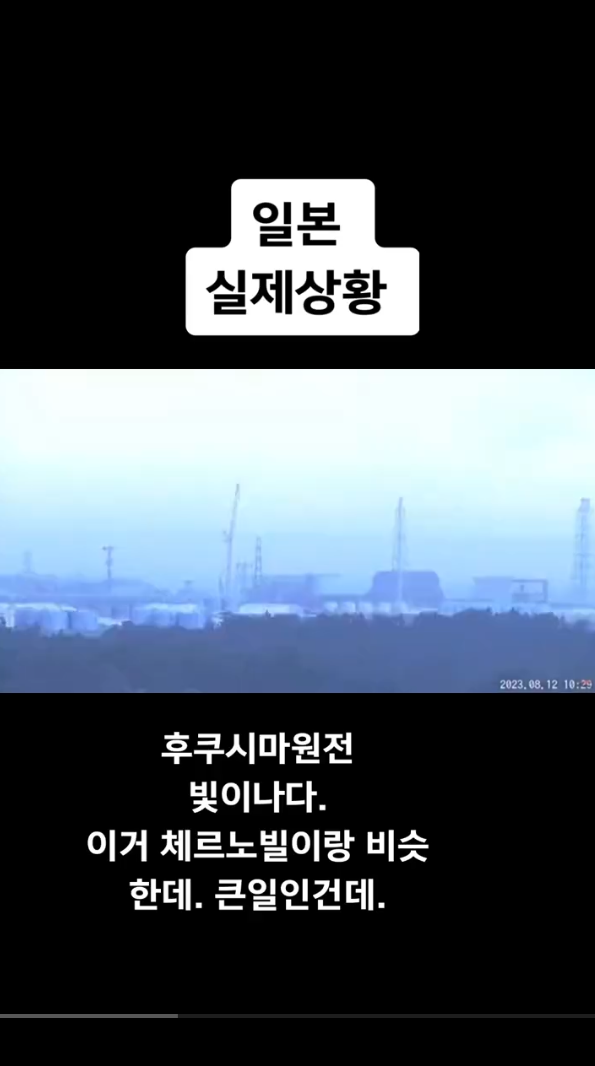
(Source: TikTok screenshot taken on Tue Nov 21 16:13:33 2023 UTC)
The footage went viral on X, formerly known as Twitter, receiving over one million views. This is what the post looked like on X (archived here) at the time of writing:
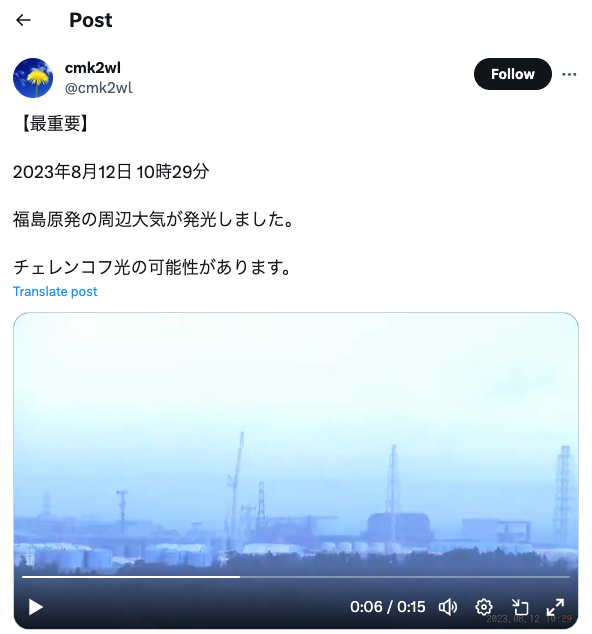
(Source: X screenshot taken on Tue Nov 21 16:15:17 2023 UTC)
The text on the post reads (translated from Japanese to English by Lead Stories staff):
August 12, 2023 10:29 a.m.
The atmosphere around the Fukushima Nuclear Power Plant emitted light.
Possibly Cherenkov light.
Cherenkov light, or Cherenkov radiation, is the phenomenon of a shockwave of light in a nuclear reactor, produced when electrically charged particles pass through a transparent medium like water. It was discovered by Russian physicist Pavel Cherenkov in 1934. Due to the high frequency and short wavelength of photons resulting from Cherenkov radiation, the light appears blue and violet to the human eye. Cherenkov light can be observed around materials that emit extremely strong radiation, such as pool reactors, a type of reactor with the core immersed in water.
Tokyo Electric Power Company (TEPCO) owns the Fukushima Daiichi Nuclear Power Plant. According to TEPCO's post-measurement results on August 12, 2023, the level of millisieverts (mSv) was reported as normal throughout the day. Millisievert is an international unit of radiation dose representing the amount of radiation absorbed by the body.
This is what the report (archived here) looked like on TEPCO at the time of writing:
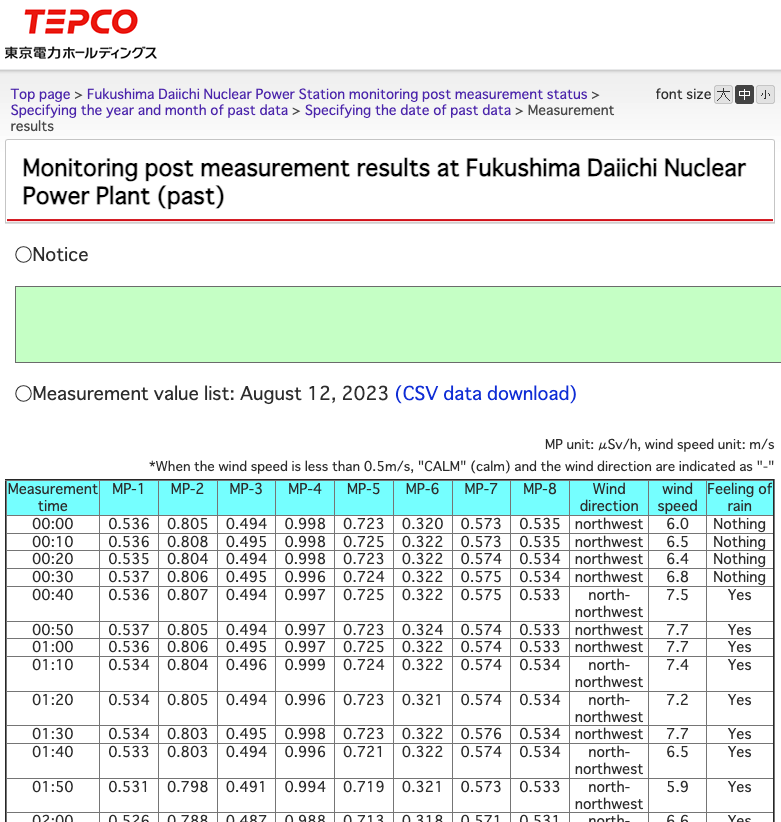
(Source: TEPCO screenshot taken on Tue Nov 21 16:21:02 2023 UTC)
This is what the results looked like on TEPCO between 10:20 a.m. and 10:30 a.m. on August 12, 2023:
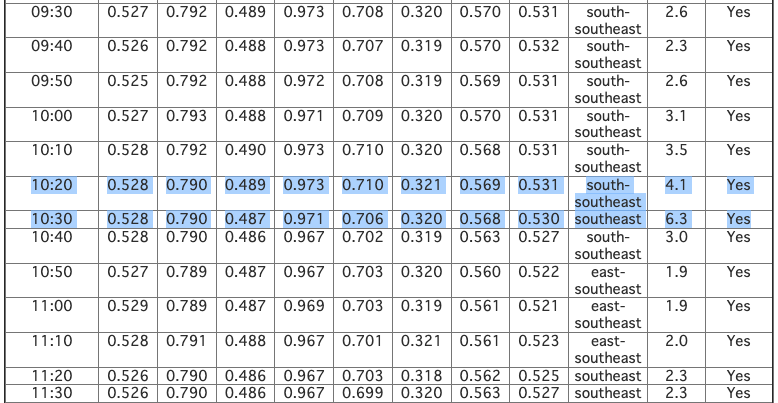
(Source: TEPCO screenshot taken on Tue Nov 21 16:21:49 2023 UTC)
As Cherenkov light requires an extremely high level of radiation, there is no evidence to show that the Fukushima Daiichi Nuclear Power Plant reported such radiation levels at 10:29 a.m. on August 12, 2023.


